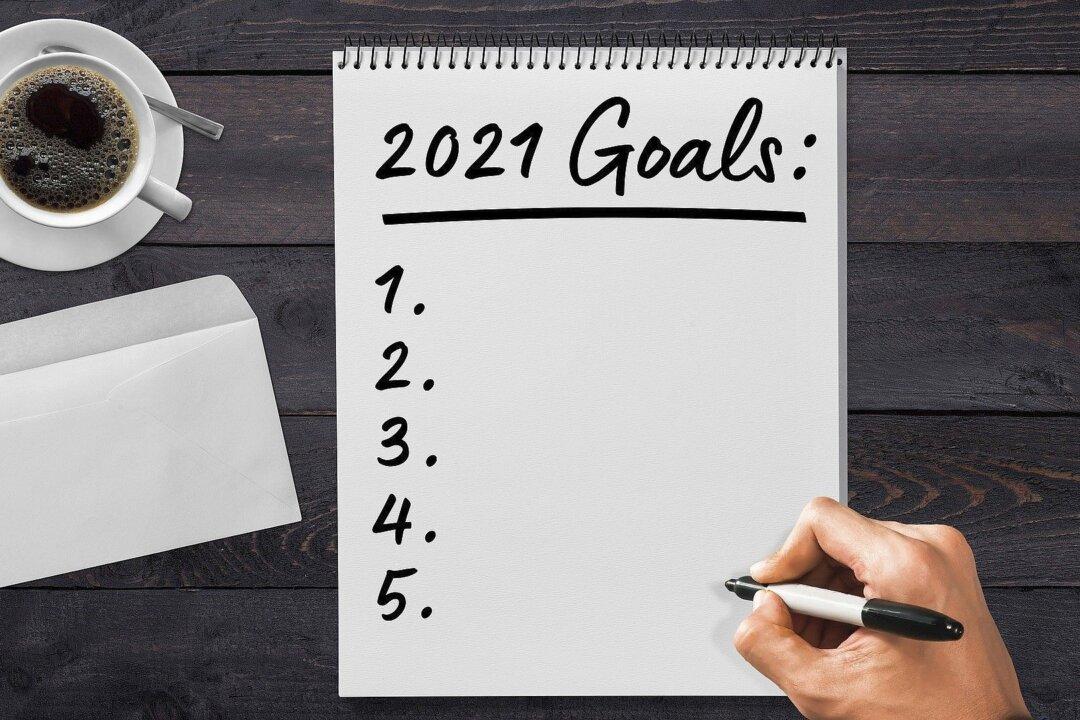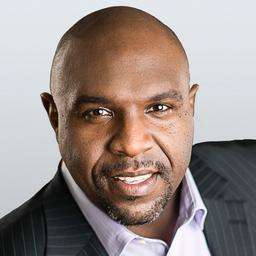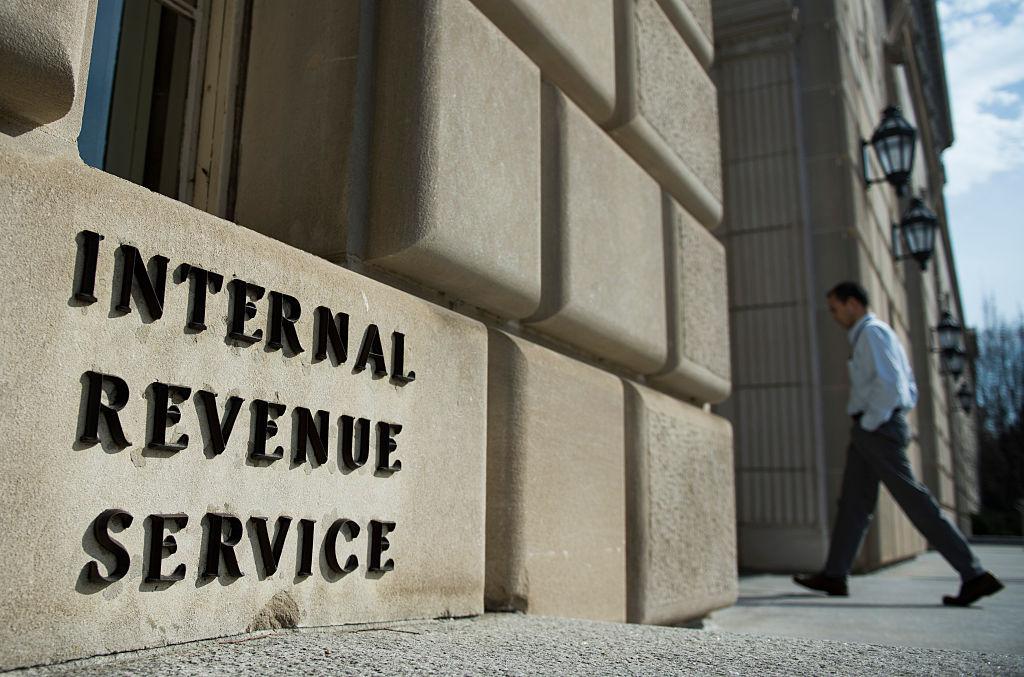One time, Mama Hogan looked at me and said, “Christopher”—she had my attention when she said my full name—“I don’t ever want you to be a ‘been’ brother.” I said, “Huh?” She explained: “A coulda been, shoulda been, woulda been kind of person. You have an opportunity to change some things and make progress.”
Listen up, people. We’ve all been “been brothers” from time to time—wishing we’d done things differently or beating ourselves up for past mistakes. And there’s one area we carry a lot of regret: money. Maybe you’re looking at your financial situation and starting to get upset. You might be thinking, There’s got to be a better way than this.





